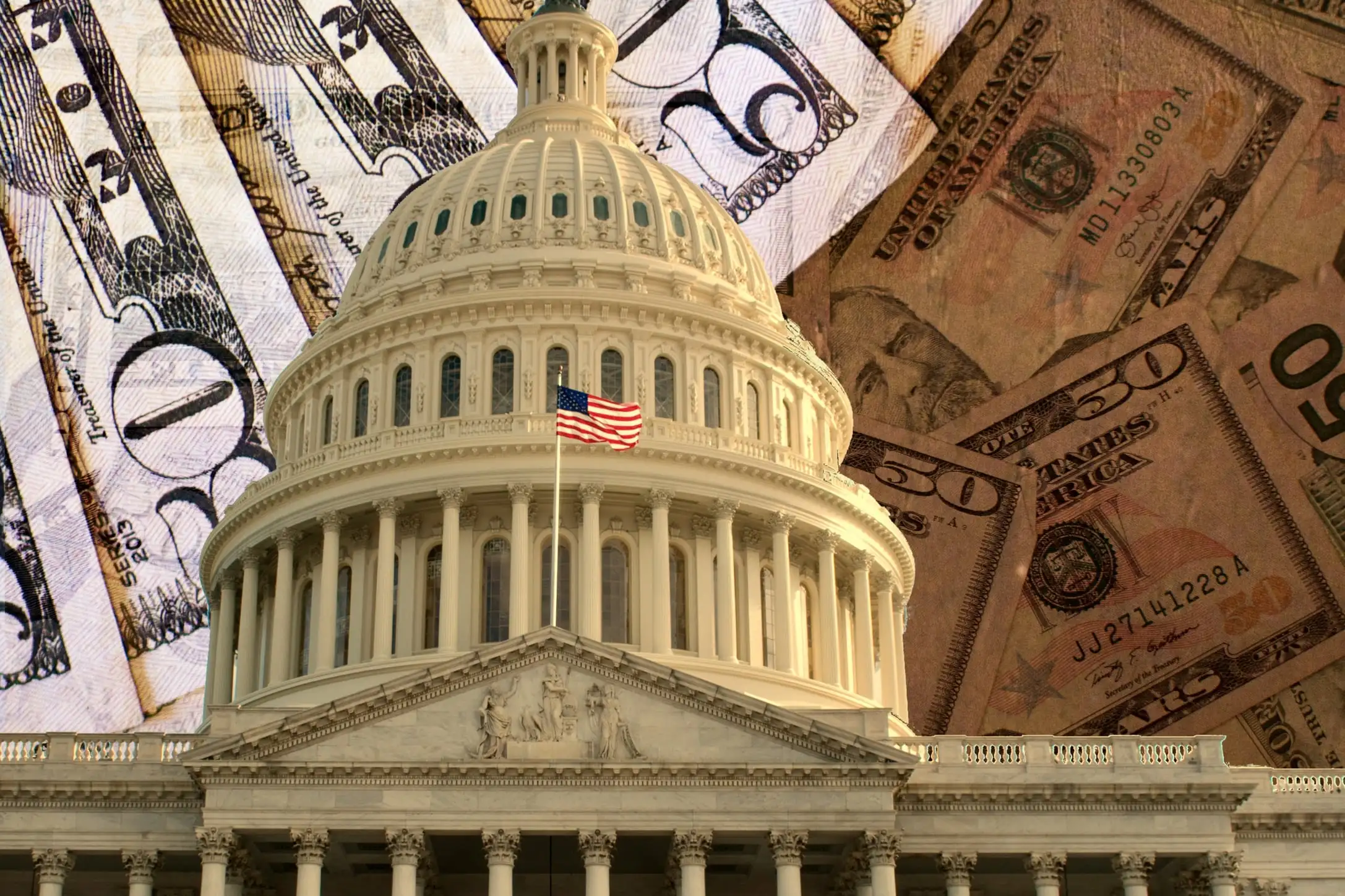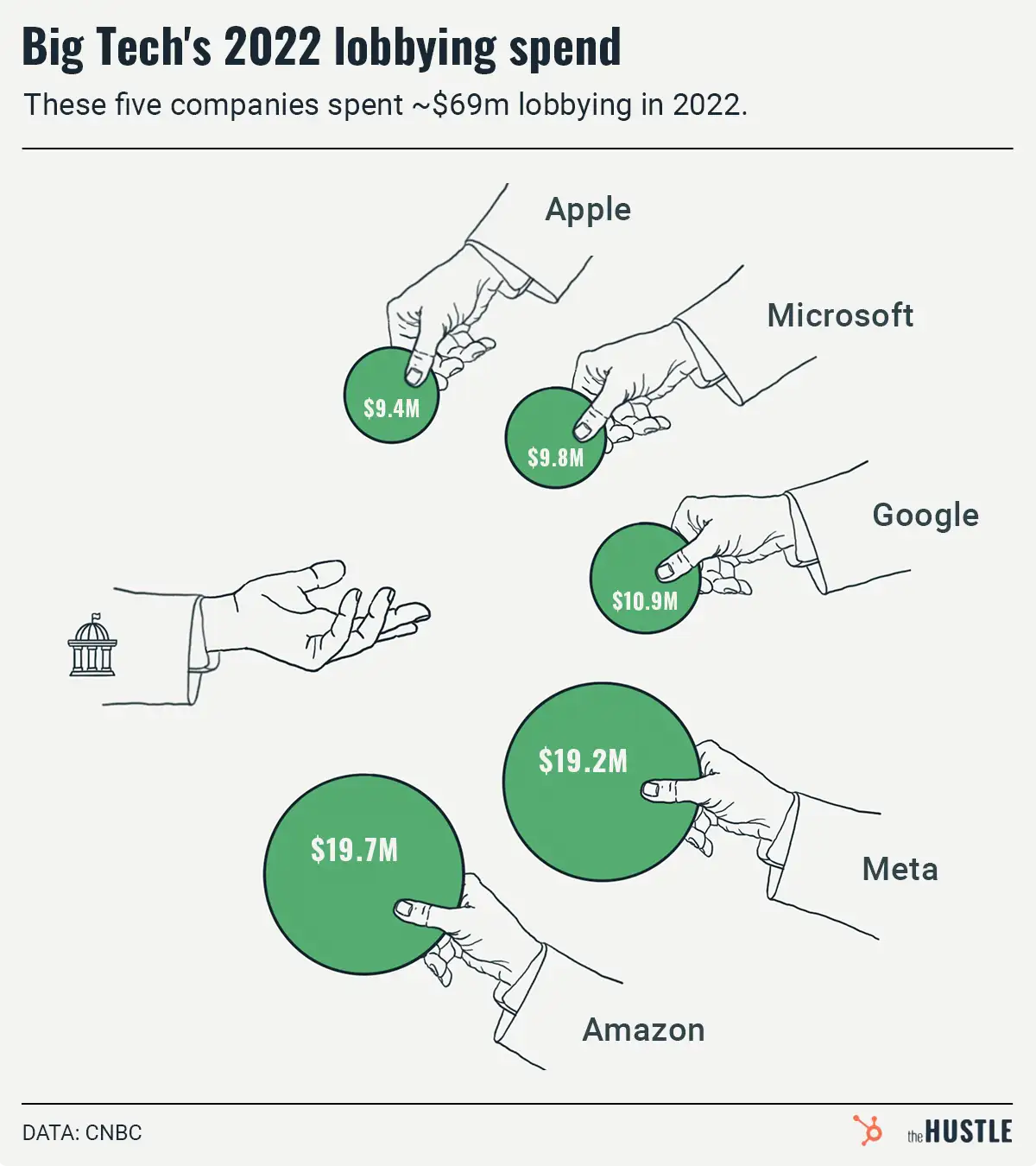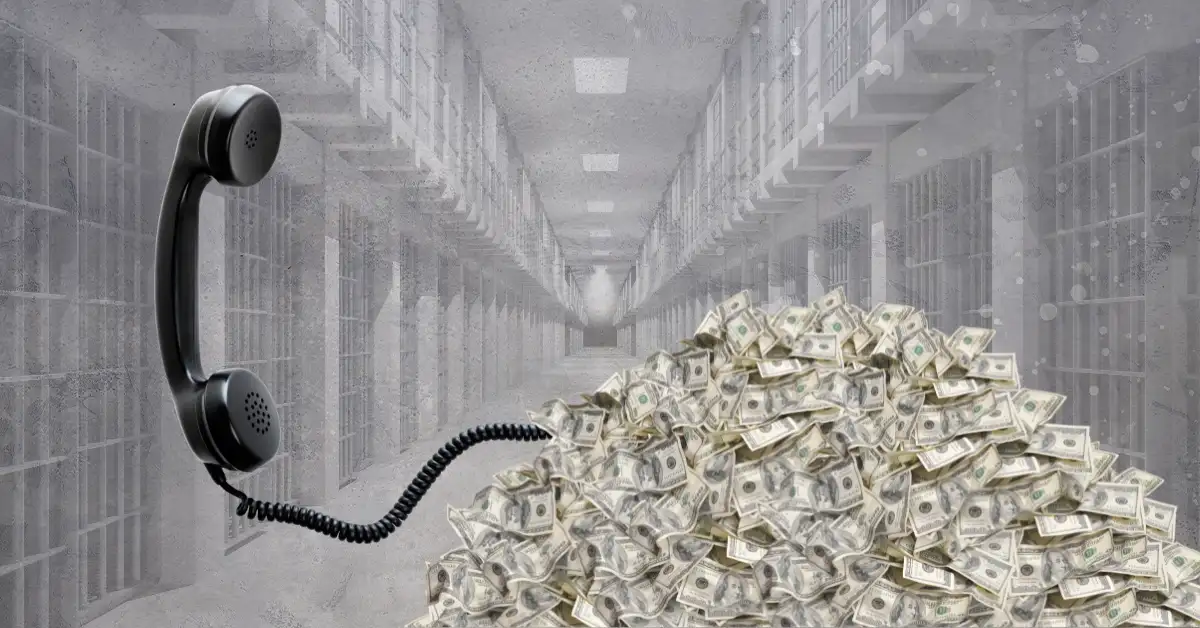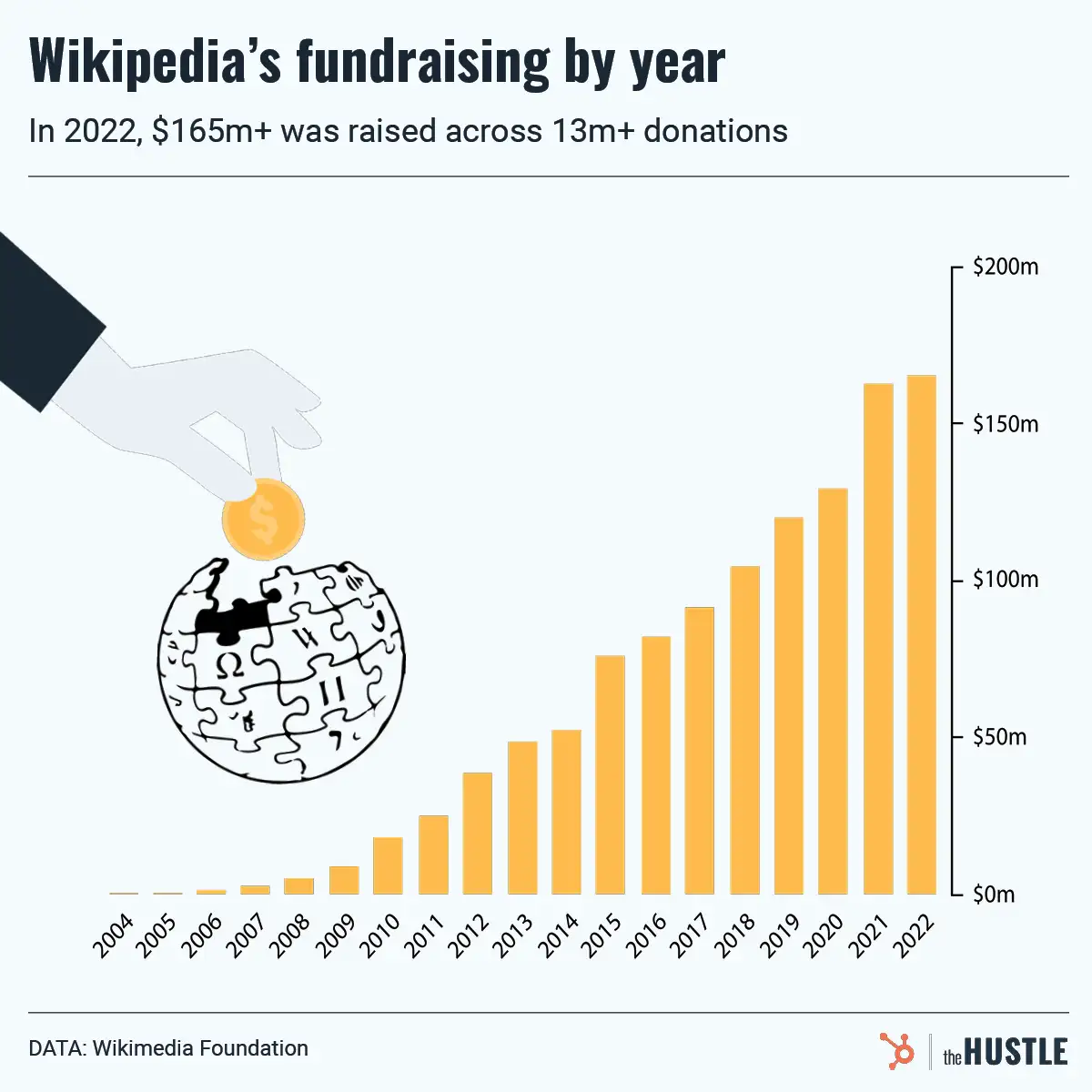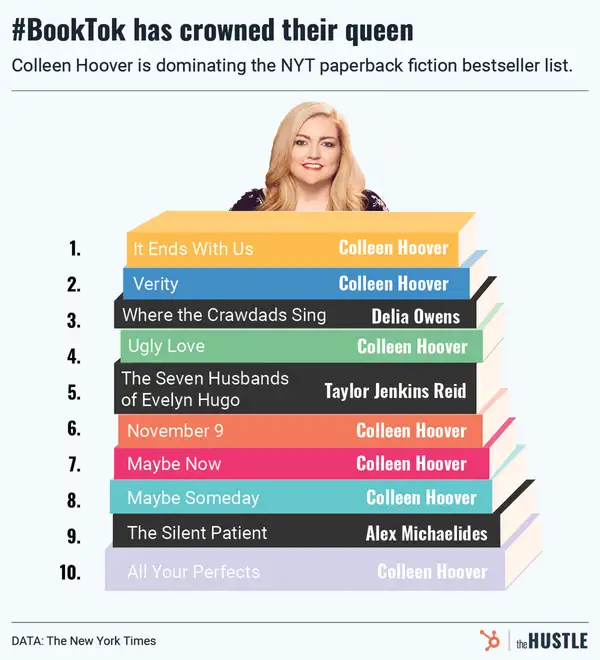Poor Nate Silver.
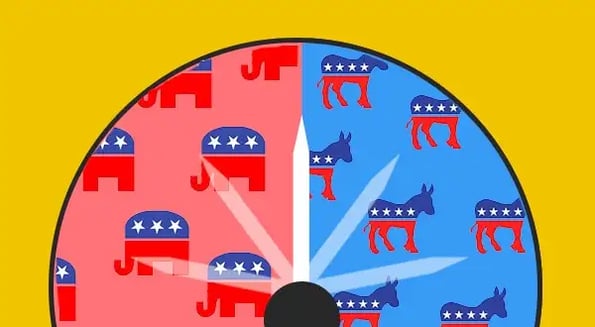
The man behind forecasting website FiveThirtyEight rose to fame after calling Barack Obama’s Democratic primary win in 2008 followed by Obama’s victories in the 2008 and 2012 presidential elections.
But he’s on a bit of a losing streak per The Atlantic’s David Graham (and basically all of Twitter).
Silver missed the mark in 2016…
And this year, his pre-election probability for a Biden win was ~90%.
By late Tuesday evening, things were far less certain.
Regardless of what happens from here, the final Electoral College tally won’t come close to the 348-190 outcome for Biden predicted by FiveThirtyEight’s averages.
The Atlantic notes that “in every swing state but Arizona, Trump outperformed the FiveThirtyEight polling average.”
One issue plaguing the forecasts: the polls that Silver (and other pundits) use as inputs are flawed:
- Poll respondents may be biased (e.g., Dem-leaning voters may be more likely to respond)
- Polls can’t properly account for undecided voters (or preference falsification, which is when someone lies about their true choice)
- Polls don’t adequately account for voter turnout
Polls are supposed to be snapshots, not predictions
For this reason, pollsters “bridle at people such as Silver… using them to create forecasts” writes Graham.
One of Silver’s harshest critics is Nassim Taleb, a former options trader turned author (The Black Swan).
Taleb says Silver completely misunderstands probabilities and that his models fail to properly take in new information. To make matters worse, election data doesn’t stretch back very far.
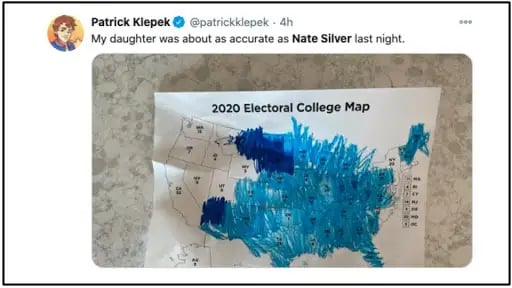
Bad polling affects all types of political decisions
Here are 2 according to The Atlantic’s Graham:
- Primary elections: Voters often pick candidates who look to be already popular (e.g., polling well)
- Policy: Legislators are influenced by what issues they perceive the public supports or rejects
But if polling is no longer a trusted source, that’s one less source of common truth. And the real loser in such an environment isn’t Nate Silver — it’s everyone.




